Understanding Power of Attorney: A Guide for Family Caregivers
November 14, 2024
Introduction to Power of Attorney (POA)
For many adults with aging parents, navigating medical, financial, and legal matters on their loved ones’ behalf can be a challenging responsibility. Establishing a Power of Attorney (POA) provides a solution, allowing caregivers to act legally on behalf of their aging parents in critical matters. Power of Attorney serves as a legal tool for managing medical decisions, safeguarding assets, and ensuring smooth handling of financial obligations, offering peace of mind for both the elderly and their families.
What Is Power of Attorney?
A Power of Attorney is a legal document that designates an individual (known as the “agent” or “attorney-in-fact”) to make decisions on behalf of another person (the “principal”) should they become unable to do so. It provides families with the necessary legal backing to act in a loved one’s best interest and manage essential matters with their consent.
Types of Power of Attorney:
- General Power of Attorney: Grants the agent broad powers to manage the principal’s financial and personal affairs, often used in temporary situations.
- Durable Power of Attorney: Remains effective even if the principal becomes incapacitated, commonly used for long-term planning.
- Limited Power of Attorney: Restricts the agent’s authority to specific areas, such as handling a real estate transaction or managing certain accounts.
- Springing Power of Attorney: Activates only if a specific event, such as incapacitation, occurs, allowing control over when the authority takes effect.
Each type serves different needs, allowing families to choose a POA that aligns best with their particular situation.
The Role of Family Caregivers in Power of Attorney
For family caregivers, having Power of Attorney can simplify and secure decision-making processes. With a legally recognized role, caregivers can make essential medical and financial decisions on behalf of their aging parents, alleviating the risks of financial abuse or unauthorized actions by others. Holding POA also comes with responsibilities, including understanding the principal’s wishes, ensuring transparent financial management, and making medical decisions that align with their values.
Types of Power of Attorney for Family Needs
Medical Power of Attorney
A Medical Power of Attorney designates an individual to make healthcare decisions if the principal cannot do so. For caregivers, this means ensuring a loved one’s treatment aligns with their desires and that critical health decisions are handled respectfully. From choosing treatments to making life-sustaining decisions, this role is vital for individuals who wish to have a trusted family member oversee their care.
Financial Power of Attorney
Financial POA provides the caregiver with authority over the principal’s financial matters, such as paying bills, managing assets, handling investments, and overseeing income. This type of POA is especially useful for managing day-to-day financial tasks for aging parents, ensuring that their needs are met without disruption.
Choosing the Right Power of Attorney for Your Family’s Situation
When establishing a Power of Attorney, consider the following:
- Trustworthiness: Select someone who will prioritize the principal’s best interests and can manage sensitive issues with discretion.
- Capacity and Understanding: The chosen agent should fully understand the responsibilities involved and be willing to handle potentially difficult decisions.
- Family Dynamics: Open discussions with family members, especially the principal, can help to clarify expectations and prevent conflicts. Consider who among your family members might be best suited to the responsibility and discuss the choice with all parties involved.
Setting Up Power of Attorney: Steps and Legal Considerations
- Determine the POA Type: Decide which type of POA will best meet the principal’s needs—whether it’s durable, medical, or financial.
- Consult an Elder Law Attorney: An attorney specializing in elder law, like Waypoint Legal, can help ensure that all documentation complies with state requirements and that the POA reflects the principal’s specific wishes.
- Draft and Sign Documentation: Work with an attorney to draft the document, which must then be signed by both the principal and, in many cases, notarized or witnessed.
- Communicate with Relevant Parties: Inform family members, caregivers, and any financial or medical institutions about the POA to ensure it’s recognized when needed.
Establishing POA can take a few weeks to complete, with costs varying based on legal complexity and specific needs.
Common Challenges and Solutions
Power of Attorney can bring about unique challenges, especially for caregivers balancing family dynamics and emotional decisions. Here are a few common issues and strategies to address them:
- Balancing Duties: Caregivers often face physical and emotional stress from their responsibilities. Clear communication with family members and setting boundaries can help reduce stress.
- Managing Family Disagreements: Disputes among family members over POA roles are not uncommon. Documenting the principal’s wishes with the help of an attorney can help clarify expectations.
- Handling Difficult Decisions: Making healthcare or financial decisions on behalf of a loved one can be emotionally taxing. An attorney can provide guidance on ethical and legal considerations to ensure decisions align with the principal’s interests.
Power of Attorney and Medicaid Planning
When it comes to planning for Medicaid and other long-term care needs, having a POA is invaluable. A caregiver with POA can handle complex application processes, ensuring eligibility and safeguarding assets. POA also grants the ability to make financial decisions in anticipation of Medicaid, such as transferring assets into trusts or making other arrangements to protect resources while securing necessary care.

Waypoint Legal Is Here To Help
Setting up a Power of Attorney is an essential step toward protecting a loved one’s interests and ensuring they receive the care they need. Waypoint Legal offers compassionate, experienced guidance to help families and elderly individuals establish the right POA and protect their future. For personalized assistance, reach out to Waypoint Legal today.
Power of Attorney FAQs
What are the main differences between general and durable POA?
General POA covers a broad range of activities but may end if the principal becomes incapacitated, whereas durable POA remains active in such situations.
Can a POA be changed or revoked?
Yes, the principal can change or revoke POA at any time as long as they are mentally competent.
Does POA give full control over a person’s decisions?
Not always. POA only allows control over areas specified in the document, and the principal can limit the agent’s powers.
What happens if no POA is in place?
Without a POA, families may need to pursue guardianship through the courts to manage a loved one’s affairs, which can be costly and time-consuming.
Are there risks involved with granting someone POA?
Yes, there is a risk of misuse or abuse. It’s essential to select a trustworthy and responsible agent.
Can multiple people hold POA at the same time?
Yes, co-agents can be named, but it may require coordination and agreement on all decisions.
How does POA interact with estate planning?
POA is separate from estate planning but can be used to make financial decisions that align with estate plans.
How does POA work if the principal loses mental capacity?
A durable POA will remain active, allowing the agent to make decisions for the principal.
Are there alternatives to POA for managing healthcare and finances?
Alternatives include guardianship or conservatorship, though these require court involvement.
Does POA expire?
POA generally does not expire unless stated in the document, revoked by the principal, or upon the principal’s death.
Get Free Legal Advice Sent to Your Inbox.
Waypoint Legal, LLC. Jersey Elder Lawyers



 (732) 361-2533
(732) 361-2533 


